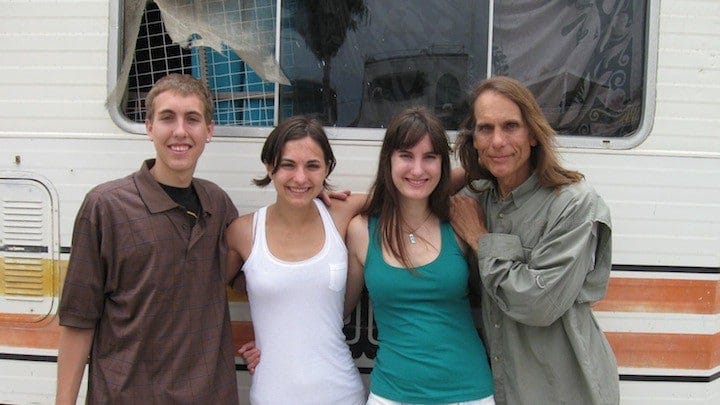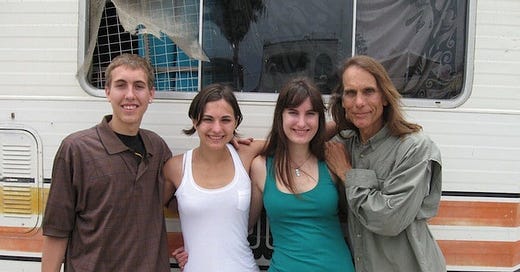The Doc Option: Instead of ‘Delivery Man,’ Watch ‘Donor Unknown’

One side effect of living in a time of rapid scientific advancement is that story ideas that once would have been considered “genre” are now fully plausible. Both the new fiction film Delivery Man (a remake of the 2011 French Canadian feature Starbuck) and the 2010 documentary Donor Unknown are about men who, through prolific sperm donation, have become…
Keep reading with a 7-day free trial
Subscribe to Nonfics to keep reading this post and get 7 days of free access to the full post archives.



